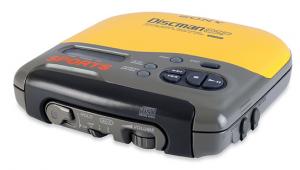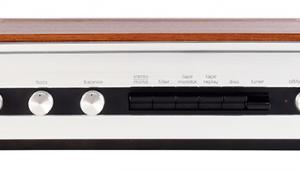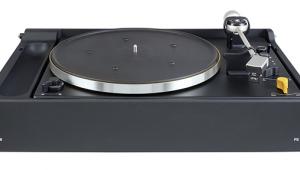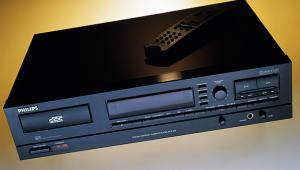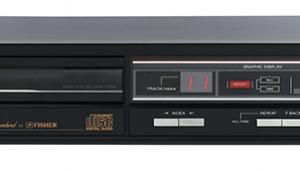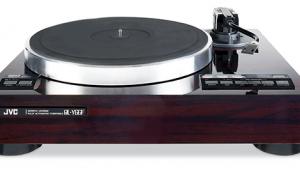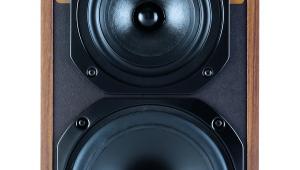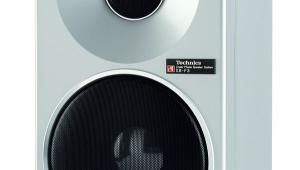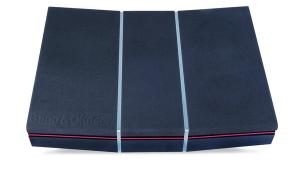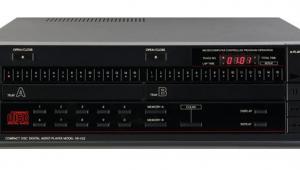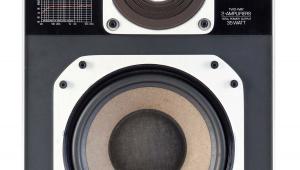Chord Choral Page 2
![]() Sound Quality
Sound Quality
Despite Chord Electronics' screamingly cutting-edge stance, the Choral system does not err on the side of ultra-hygienic, ultra-detailed, overly-etched solid- state officiousness. It was to my great amusement that the phono section, for example, was far from quiet, although not noisy enough to detract from its main strengths. And those are: exceptional speed, deliriously deep bass extension, and attack that caused minor clicks to fly past before you knew it. In fact, so impressed was I with the Symphonic phono stage that I spent 75% of the audition using the Choral with vinyl.
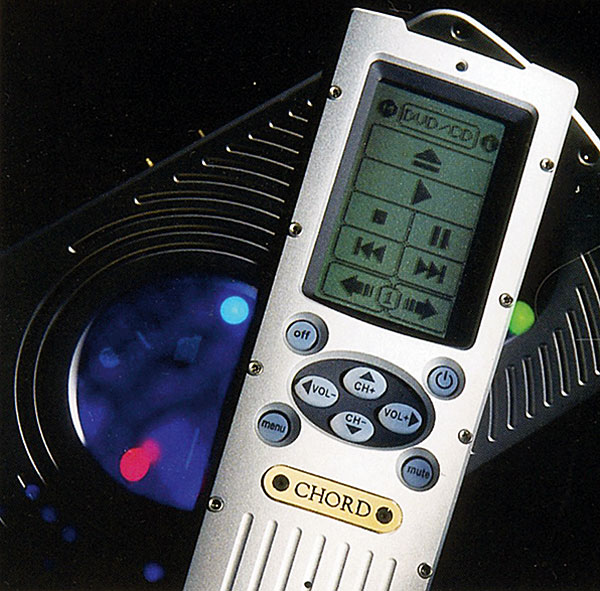
The system proved capable of preserving the liquid sounds of pedal steel on a fistful of alt.country records, maintained the impact on mono Blue Notes, and proved as open as the McIntosh C2200's (admittedly moving-magnet) phono section with acoustic recordings. The air around Bob Dylan's guitar on the Sundazed label monos was so convincing that, complemented by the sparse nature of his first albums, it was hard to believe it wasn't stereo. What sold me, though, on the phono section were Alison Krauss' vocals on the Diverse Vinyl editions: clear and natural, with nary a trace of sibilance.
In contrast to the Symphonic, the preamp was deliciously quiet, as was the DAC. For those who haven't the conditioning to listen through minor vinyl weaknesses, such as the odd bit of whoosh, the rest of the Choral package is a textbook study in modern politesse.
Power Point
To begin with, the system never misbehaves and never sounds stressed or ruffled. Remember, that amp is only rated at 30W/ch, yet it drove the Wilson speakers like a thoroughbred with an extra nought to its power spec. With plenty of slam and plenty of weight, it delivers far more than it promises.
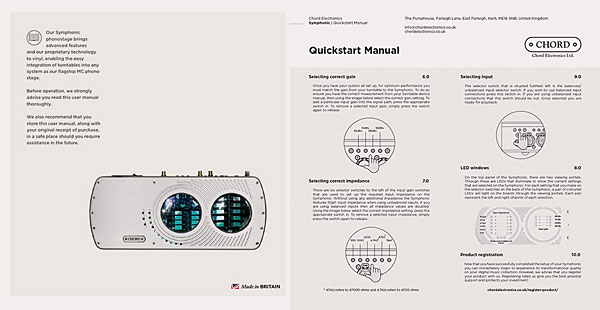
If any of the four components shines above the others, sorry, but I just can't choose. The DAC64, which preceded the rest, is now a familiar and popular contender in the sub-£2500 DAC arena, and deservedly so. It's musical, detailed and so coherent that you find it too good for most transports.
True Control
The phono stage, although restricted to moving-coil cartridges, is flexible, practical, musical and, ironically, a bit vintage-sounding, so it will charm the vinyl brigade rather than antagonise it. The preamp? Deliriously colourless and neutral, a true 'control centre' in the circa 1957 Hi-Fi Yearbook use of the word. But the power amp... aah! This is a spud you could learn to love, simply because it is – and there's no better term – so pugnacious. It all but dares you to find a speaker it can't drive. Should you find one, just buy a second amp and mono the two.

Verdict time: the well-known DAC64, which started the ball rolling remains at £1960, the Prima preamp costs £2750, the Mezzo power amp sells for £2300 and the Symphonic phono preamp is listed at £2000. And who could not be tempted by the Choral rack? So you'll need another £1000 for the complete system. That adds up to a hefty bill of £10,000.
Of course, you could do without the rack, and – if you don't use vinyl – the phono stage. Hell! You could just buy the pre/power pairing and halve the bill. But we're looking at a complete package, and I, for one, love what I see and hear. No, make that adore. For the first time in ages, here's a system with which to hector into submission those who say there's no room in a domestic setting for hi-fi – large, bulky or otherwise – the price tag being the only aspect that might cause insurmountable objections. How do I know this? Because not only have I seen men drool in front of the Choral, but women swoon. And I don't mean civilian distaff audiophiles, I mean normal women.
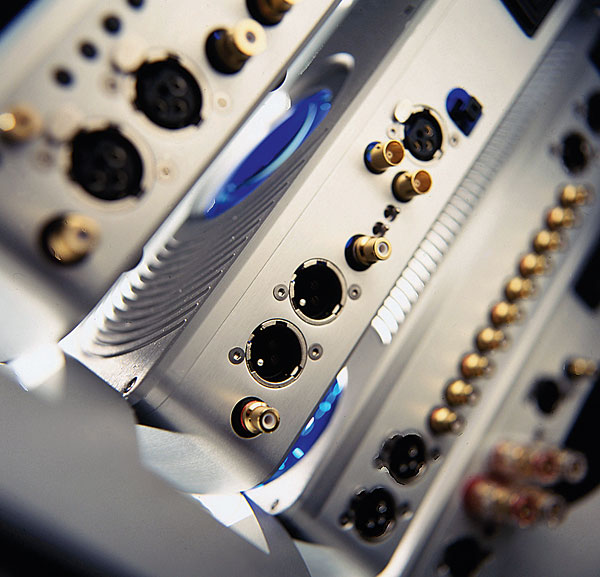
If there's even the slightest possibility that something other than the necessary funds is holding you back, it could only be the lack of a source component for the DAC64. So please note that there will be, definitely, a matching transport to follow later this year.
Power Of Two
John Franks is close-lipped at the moment about its status – CD, SACD, DVD-A or universal – but I wouldn't be bothered if he stuck with plain vanilla CD, because the Chord Choral is a two-channel delight. Then again, he could whip up an AV processor, a DAB tuner, extra amplifiers and anything else needed to make the Choral a multichannel, all-singing, all-dancing affair.
Even if Chord never issues another component in the range, the Choral has my vote as the best 'high-end/lifestyle' system I've used. And you thought killer performance meant big, ugly boxes.



